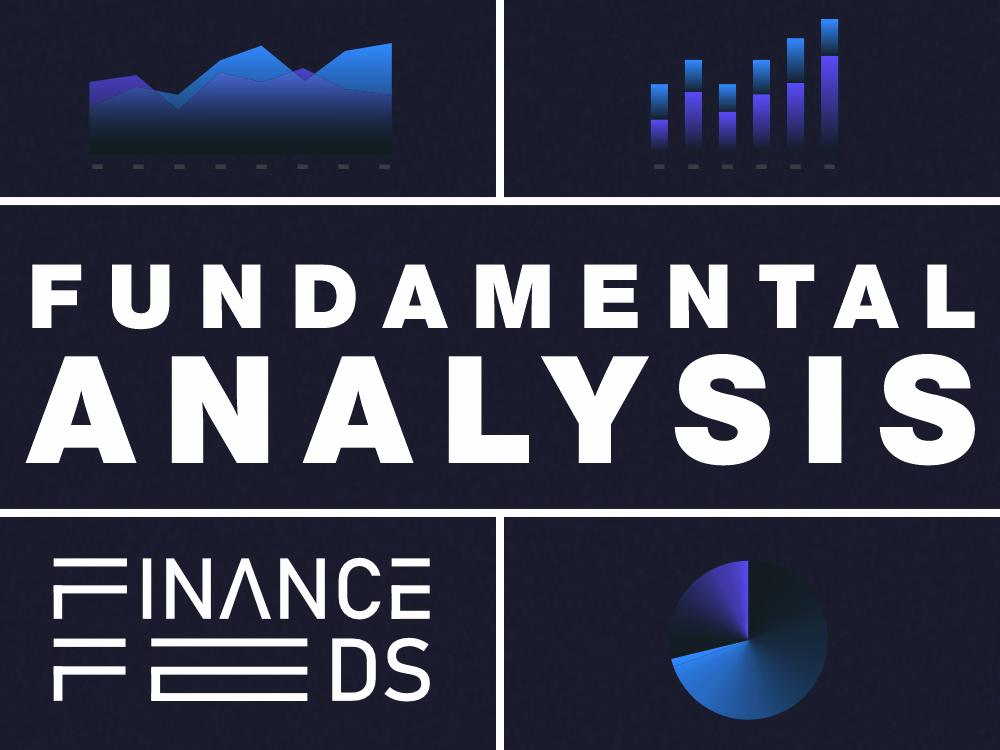Despite the positive US data, fears of a global economic slowdown, lingering inflation and internal disagreements mean the Fed is likely to keep interest rates on hold, with markets expecting a rate cut in the second half of 2024.

Federal Reserve Policy on Hold
The US Federal Reserve is expected to maintain current interest rates despite favorable US economic data. This cautious stance stems from the following concerns:
- A potential slowdown in the global economy, particularly in China and Europe, could slow U.S. growth.
- Inflation pressures remain, but expectations have eased somewhat, and the Fed may want more evidence of price stability before cutting rates.
- There is disagreement within the Fed over the pace of future interest rate adjustments.
Markets are expecting the Fed to potentially cut interest rates in the second half of 2024.
- September: 50% chance of rate cut
- November: 85% chance of rate cut
These expectations will be influenced by upcoming economic data, particularly inflation and employment reports.
Eurozone economy gains momentum
- Eurozone Purchasing Managers' Indexes (PMIs) showed expansion across all sectors, reflecting improving economic growth.
- This positive outlook will boost investor confidence and drive the euro higher.
European Central Bank likely to cut interest rates in June
The European Central Bank (ECB) is expected to cut interest rates in June, potentially weakening the euro to stimulate economic activity and support exports. However, the ECB's future interest rate cut strategy is unclear. The ECB is likely to evaluate the effects of the June interest rate cut and upcoming economic data before deciding on further adjustments.
US Dollar Index (DXY) Under Pressure
Despite the positive US data, the DXY is facing selling pressure due to the following reasons:
- Investors reassess Fed rate cuts: Falling inflation expectations will cause investors to question the need for early rate cuts, making the US dollar less attractive to yield-seeking investors.
- Strength of other currencies: The recent strengthening of the euro due to the improving outlook for the eurozone has led to a relative weakening of the US dollar's value.
This report provides a brief overview of some of the key factors influencing central bank policies and currency valuations. Stay updated on upcoming developments in the global economic situation.
Economic news highlights for the coming week:
- European Central Bank (ECB) Meeting (May 27-28):
- Impact: Medium in EUR.
- explanation: The ECB is expected to cut interest rates in June. These meetings will provide clues about the pace of future rate cuts and their impact on the euro. A dovish stance from the ECB could cause the euro to weaken, whereas a hawkish stance could cause the euro to strengthen.
- Australia and Eurozone Retail Sales (Year-on-Year) (May 29th and May 31st):
- Impact: AUD and EUR are high.
- explanation: Strong retail sales indicate healthy consumer spending and are a positive sign for economic growth. This could help lift the Australian dollar (AUD) and euro (EUR).
- Consumer Price Index (CPI) by country (May 29 and May 31):
- Impact: AUD, EUR, JPY and USD are at highs.
- explanation: The CPI report measures the inflation rate. A rise in inflation could lead central banks to raise interest rates to curb inflation. This could cause currencies such as AUD, EUR, JPY, and USD to rise. However, if inflation remains low, central banks may be cautious about raising interest rates.
- U.S. Gross Domestic Product (GDP) (May 30):
- Impact: High price for USD.
- explanation: GDP is a key indicator of the health of an economy, and a strong GDP report could boost confidence in the U.S. economy and send the US Dollar (USD) soaring.
- U.S. Core Personal Consumption Expenditures Price Index (PCE) (May 31):
- Impact: High price for USD.
- explanation: PCE is the Federal Reserve's preferred inflation measure, and a higher PCE reading could spur expectations of interest rate hikes by the Fed, which could strengthen the US dollar.
The subject matter and content of this article are solely the views of the author. FinanceFeeds assumes no legal responsibility for the content of this article, nor do they reflect the views of FinanceFeeds or its editorial staff.
This information does not constitute advice or a recommendation for any course of action and does not take into account your personal circumstances, financial situation or individual needs. We strongly recommend that you seek independent professional advice or conduct your own independent research before acting on the information contained in this article.

